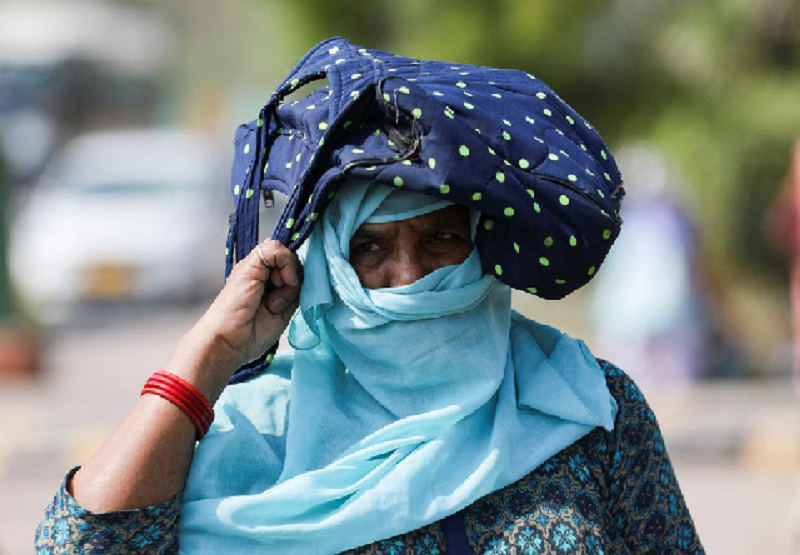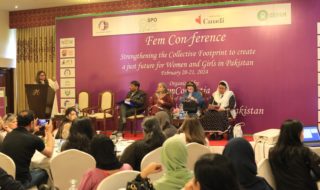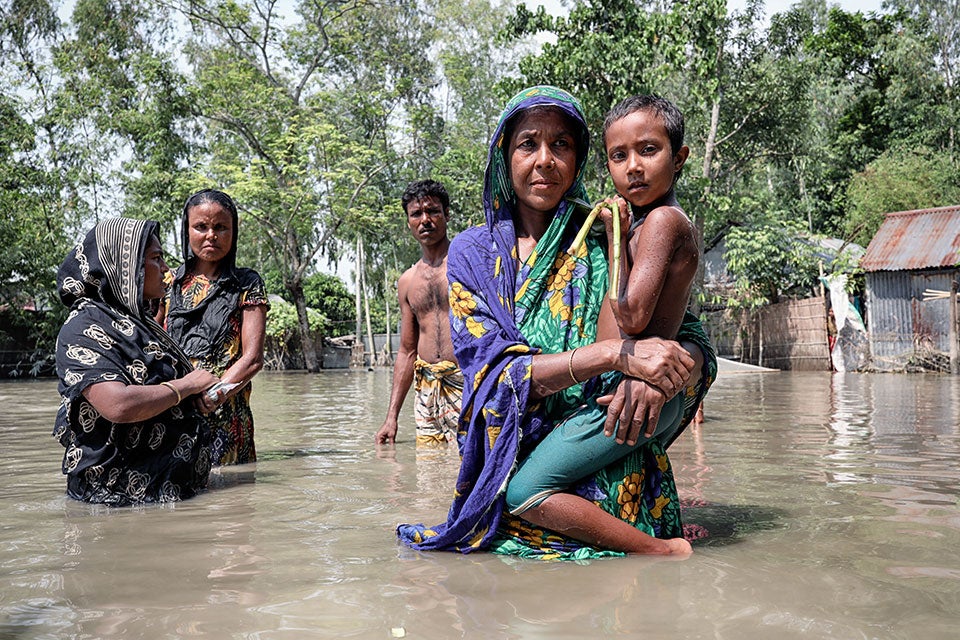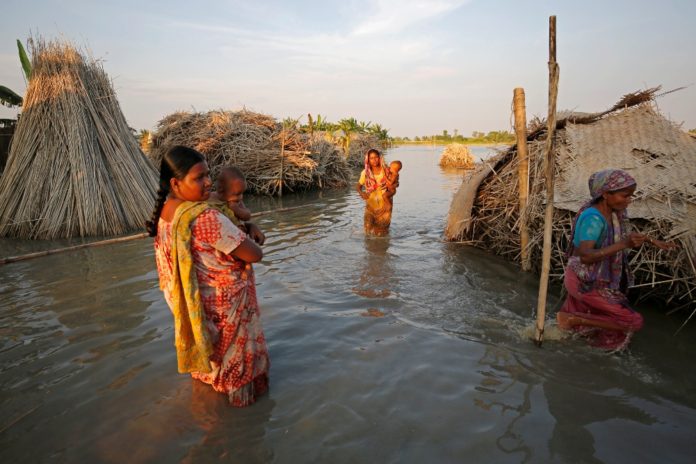In the battle against climate change, it’s often the quiet, steadfast efforts of women that go unnoticed. But at the recent Fem Consortia conference in Karachi, these unsung heroes took center stage, showcasing their invaluable contributions and shedding light on the disproportionate burden they bear in the face of environmental challenges.
Rallying for Action
Uzma Latif’s eye-opening research paper revealed stark realities: in provinces like Sindh and Punjab, women are disproportionately affected by climate change compared to men. The reasons are manifold, from increased caregiving responsibilities to the heightened insecurity brought on by climate-induced disasters. Latif’s findings underscored the urgent need to address these disparities and prioritize the needs of women in climate adaptation strategies.

Javeria Afzal, of Helpage International issued a call to action to political parties, urging them to prioritize discussions on climate change and its specific impacts on women, particularly those in rural areas. The message was clear: climate action cannot be gender-blind.
The Plight of Working Women
Meher Nosherwani’s insights further illuminated the challenges faced by women, particularly those in coastal communities. Responsible for managing essentials like food, fuel, and water, these women are on the frontlines of climate change, yet their voices are often marginalized in decision-making processes.

In a session focused on ‘Working Women,’ Rubina Jamil highlighted the barriers faced by women in accessing economic opportunities, from unequal wages to lack of representation in decision-making. Nuzhat Shirin echoed these concerns, emphasizing the need for stronger legal protections for home-based workers.
Amplifying Women’s Voices
But amid these challenges, there was a sense of resilience and determination. Speakers like B Gul emphasized the importance of amplifying women’s voices in mainstream media, while Mahtab Akbar Rashdi expressed optimism in the younger generation’s ability to drive positive change.

The Fem Consortia conference was more than just a gathering of women – it was a rallying cry for action. It served as a powerful reminder of the invaluable contributions women make to society, even in the face of adversity. As we look to the future, let us heed their call and work towards a more equitable, sustainable world for all.
Stay tuned to Brandsynario for more







































